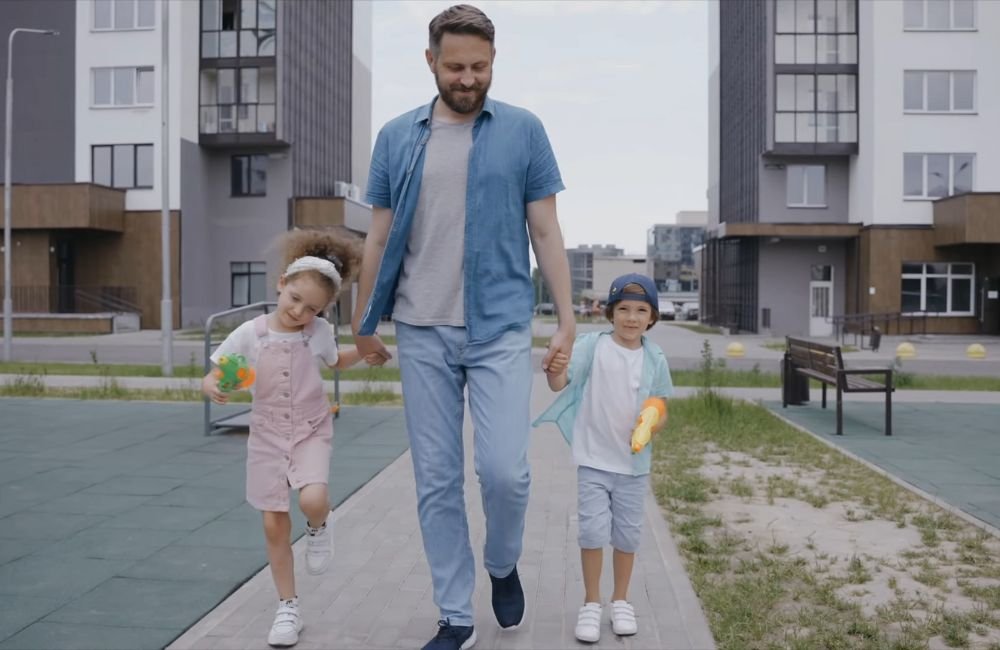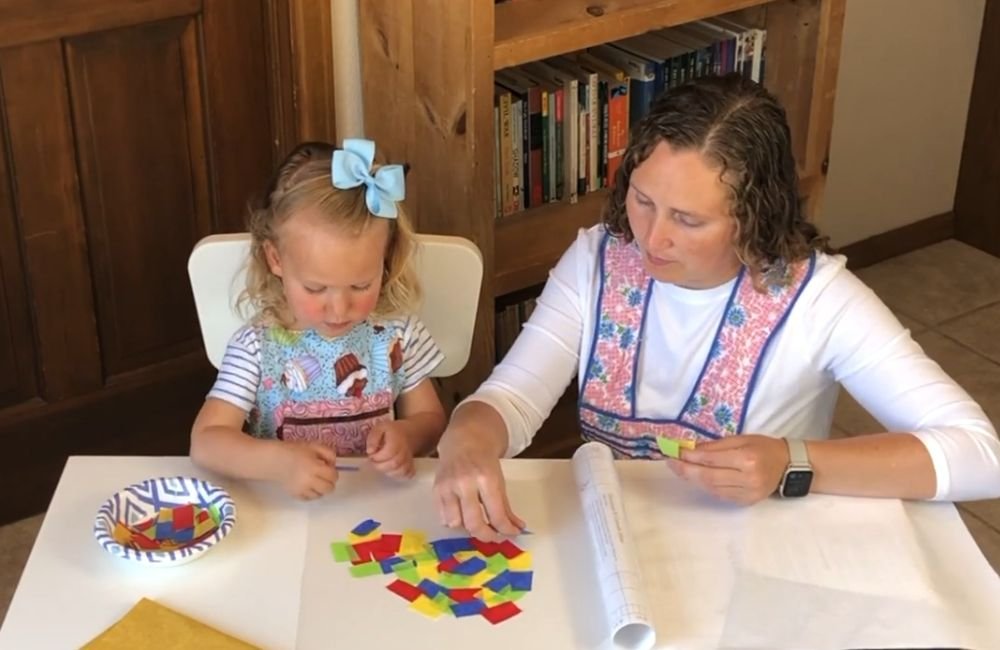Summer is a magical time for kids. The long days, warm weather, and break from school create an environment ripe for transformation. As parents, understanding these changes can help us support our children in making the most of their summer break. In this blog, we’ll explore how kids change during the summer and provide tips for parents to nurture these positive developments.
Physical Changes
During the summer, kids often experience several physical changes due to increased outdoor activities and changes in routine. Here are a few common physical changes that occur:
Increased Outdoor Activity
Summer is synonymous with outdoor play. Kids are more active during these months, whether it’s swimming, biking, or simply running around in the yard. This increase in physical activity has several benefits, such as improved physical health and enhanced motor skills. Regular exercise strengthens muscles, improves cardiovascular health, and helps maintain a healthy weight. Additionally, activities like climbing, jumping, and balancing improve coordination and motor skills.

Sun Exposure and Vitamin D
Spending more time outside means more sun exposure, which boosts Vitamin D levels. Vitamin D is crucial for bone health and immune function. However, it’s essential to balance sun exposure with proper skin protection to avoid sunburn and long-term skin damage. Remember to use sunscreen, wear hats, and find shade during peak sun hours.
Mental and Emotional Changes
In summer, kids often experience significant mental and emotional changes. With school out, they get a break from structured routines, which can lead to a sense of freedom and relaxation.
Freedom and Independence
Without the structured environment of school, kids experience a greater sense of freedom. This independence fosters self-discovery and responsibility. Kids have the chance to explore their interests and passions, whether it’s through hobbies, sports, or creative activities. Summer chores or part-time jobs also teach kids about responsibility and the value of hard work.
Social Interactions
Summer often means more time with friends and family. These interactions are vital for social development. Playing with friends helps kids learn to communicate effectively, resolve conflicts, and cooperate with others. Family vacations and activities strengthen family ties and create lasting memories. Encourage your children to spend time with peers and participate in family outings to boost their social skills.
Summer Learning Loss
One downside of summer break is the potential for “summer slide,” where kids lose some of the academic gains made during the school year. To combat this, encourage reading by making it a part of the daily routine. Visit the library, set reading goals, and discuss books together. Educational activities can also be incorporated into everyday life. Cooking can teach math and science, while nature walks can be opportunities for learning about biology and the environment.
Creative and Unstructured Play
Summer provides ample time for creative and unstructured play, which is critical for cognitive development. Unstructured play allows kids to use their imagination, create stories, and solve problems creatively. Games and activities that require planning and strategy help develop critical thinking skills. Encourage your child to engage in activities that stimulate their creativity and cognitive growth.
Guidance For Parents

These tips focus on creating structure, encouraging outdoor activities, and fostering family connections during summer.
Create a Balanced Routine
While summer should be a time for relaxation and fun, a balanced routine can help kids make the most of their break. Set a schedule that includes time for play, learning, and rest. Maintain a daily routine that fosters consistency and security. Limit screen time and encourage outdoor play and other activities that promote physical and mental well-being.
Plan Family Activities
Summer is the perfect time for family bonding. Plan trips that offer both relaxation and educational opportunities. Family vacations can be enriching experiences that broaden your child’s horizons. Explore local parks, nature reserves, or beaches together Kids Safe from Abuse Over Summer Break to create lasting memories and strengthen family ties.
Encourage New Experiences
Summer is an excellent time for kids to try new things. Enroll them in camps that align with their interests, whether it’s a sports camp, art camp, or science camp. These experiences can help kids discover new interests and talents. Encourage them to pick up a new hobby, like gardening, photography, or playing a musical instrument. New experiences can boost confidence and foster a love for lifelong learning.
Wrap Up
Summer is a time of growth and transformation for kids. By understanding the changes they undergo during these months, parents can better support and nurture their development. Encourage physical activity, foster independence, maintain a balance between fun and learning, and take advantage of the opportunities for family bonding. With these tips, you can help your child have a memorable and enriching summer.
FAQs
Encourage daily reading, set learning goals, and incorporate educational activities into everyday life. Consider enrolling your child in a summer learning program or using educational apps and games.
Plan regular outdoor activities such as biking, swimming, or hiking. Enroll your child in sports camps or community sports leagues. Encourage active play with friends and family.
Set clear limits on screen time and establish a daily routine that includes outdoor play, reading, and other activities. Encourage creative and educational screen time, such as educational games or documentaries.
Visit local museums, nature reserves, and historical sites. Plan science experiments or art projects at home. Take nature walks and discuss the environment, or plan family cooking nights to teach math and science through recipes.


